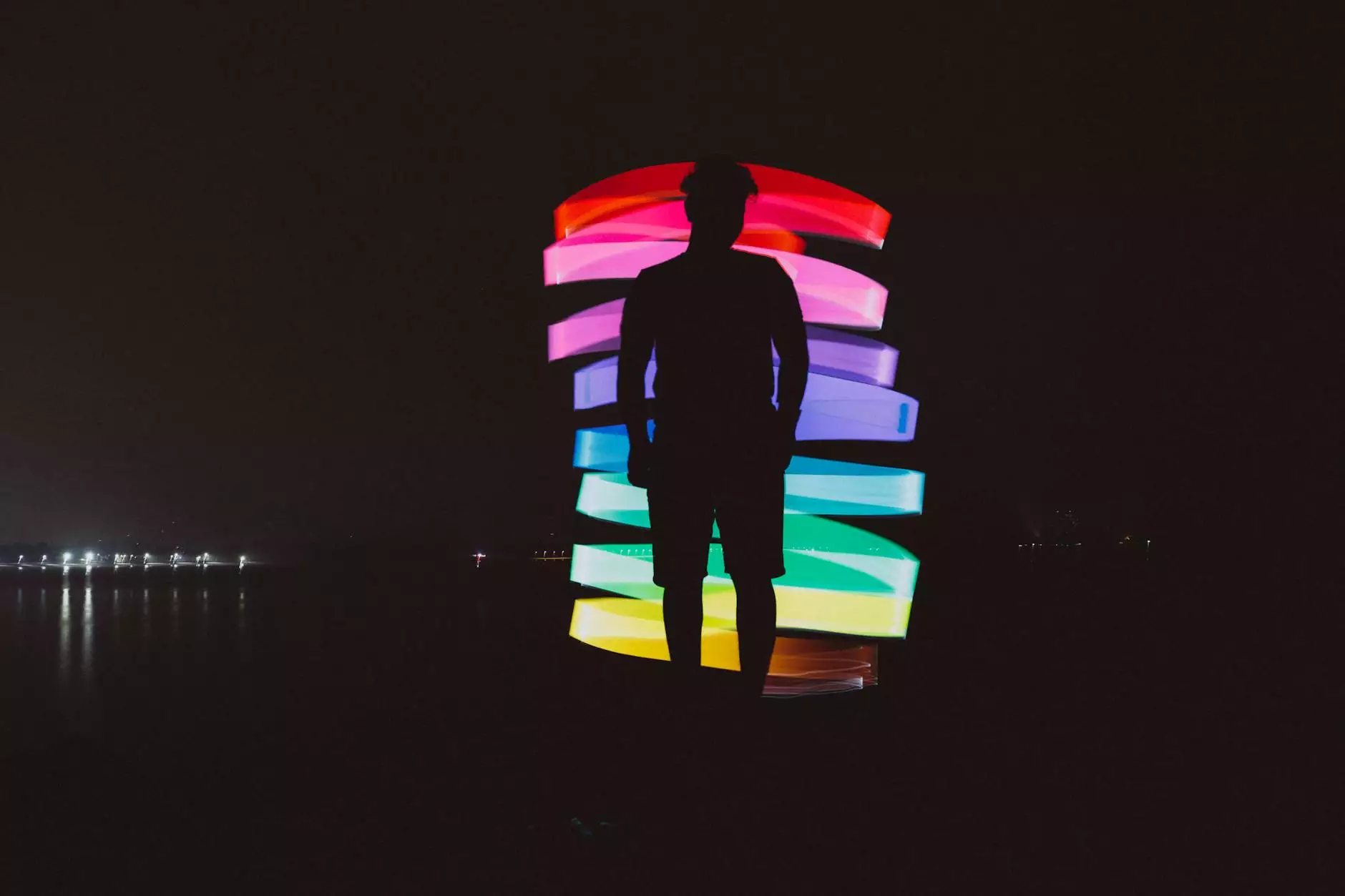The Effects of Light Color and Intensity on Your Mind and Body

Introduction
Welcome to Video Technics Repair, where we delve into the fascinating world of lighting design and the profound effects it has on our mind and body. In this comprehensive guide, we explore the impact of light color and intensity on your overall well-being, providing you with valuable insights to enhance your living spaces.
Understanding Light Color
Light color plays a crucial role in influencing our mood, productivity, and overall health. Different colors of light have the power to evoke specific emotional responses and affect our circadian rhythm. Let's consider a few examples:
1. Warm Light (Red, Orange, Yellow)
Warm light, such as shades of red, orange, and yellow, creates a cozy and inviting atmosphere. It is commonly associated with relaxation, comfort, and warmth. These hues are often used in bedrooms, living areas, and restaurants to promote a sense of relaxation and intimacy.
2. Cool Light (Blue, Green, Purple)
Cool light, like shades of blue, green, and purple, tends to create a more energetic and focused ambiance. It can boost concentration, stimulate creativity, and promote a sense of calmness. Cool light is commonly used in offices, study areas, and art studios.
Impact of Light Intensity
Besides color, the intensity of light also affects our well-being. The brightness level of lighting can influence our alertness, sleep patterns, and even eye health. Here are some insights:
1. High Intensity Light
High-intensity lighting provides a bright and vibrant ambiance, promoting focus and productivity. It is commonly used in workspaces, operating rooms, and retail stores to enhance visual clarity and attention to detail.
2. Low Intensity Light
Low-intensity lighting creates a softer and more calming environment. It is often employed in bedrooms, relaxation spaces, and theaters to induce a sense of tranquility and promote better sleep quality.
Choosing the Right Lighting for Your Needs
Now that we understand the impact of light color and intensity, it's important to choose the right lighting for your specific needs. Here are a few key considerations:
1. Identify the Purpose
Start by identifying the purpose of the space you are lighting. Is it a workspace, a bedroom, or a social gathering area? Each space has different requirements, and understanding the objective will help you determine the most suitable lighting solution.
2. Tailor to Your Activities
Consider the activities that will be performed in the space. If it's a study area, you may require bright, cool lighting to enhance focus. For a relaxation area, warm and dim lighting might be more appropriate to create a soothing ambiance.
3. Seek Professional Advice
If you are unsure about the best lighting design for your needs, consult with a professional lighting designer. They can provide expert guidance based on your preferences and requirements, ensuring optimal lighting solutions throughout your space.
Conclusion
In conclusion, the effects of light color and intensity on our mind and body are profound. By leveraging the power of lighting design, you can create environments that positively influence your well-being and improve your overall quality of life. Remember to consider both color and intensity when designing your living spaces, and don't hesitate to seek professional advice to achieve the best results. Video Technics Repair is here to support you on your journey towards optimal lighting solutions.




